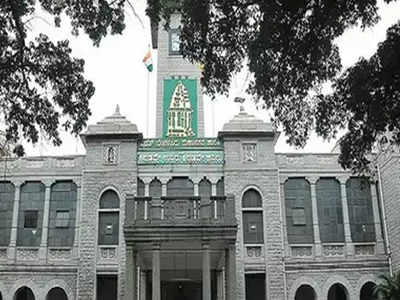The Hindu 03.09.2013
States told to revise water tariffs
Low rates lead to under-recovery of costs: Ministry
Low and infrequently revised water and sanitation tariffs have led to
the under-recovery of costs and a widening gap between the cost of
production and the tariff charged, the Union Ministry of Urban
Development has observed. Concerned by the absence of cost reflective
tariffs in cities and the poor management of funds, the Ministry has now
asked all States to carry out tariff revisions for water and sanitation
services at regular intervals and in a transparent manner.
It has also asked for ensuring a pass through of cost escalation on account of inflation in the tariff on an annual basis.
In
an advisory to the States on tariff structure for urban water supply
and sewerage services, the Ministry has recommended that tariff for
water should not only include cost of operation and maintenance, but
should also cover the capital replacement cost. Noting that water and
sanitation tariff plans in several cities do not even cover the
essential operation and maintenance, the Ministry has said tariff
revision not carried out timely has led to a widening gap between the
cost of production and the tariff charged.
“The Ministry has
notified that desired service level benchmark for cost recovery in water
supply services as 100 per cent. A study conducted in 2008-09 revealed
that on an average the cost recovery is 67.2 per cent while only 5
cities recovered full operation and maintenance (O&M) cost and 16
urban local bodies could recover less than 65 per cent of their O&M
cost,” the Ministry has said.
The concept of levying user charges
has been appreciated on the grounds that it helps in maintenance and
upgrading the services. “Water is considered to be essential good and
provided at very low rates and even free of cost,” the Ministry has put
forth.
It has recommended that user charges should be constructed
in a way to meet the O&M cost, debt servicing, and depreciation
towards the cost of the project. “In addition, they must also generate
some surplus to enable building the equity base of urban local bodies,
supported, where appropriate with viability gap funding.”
The
Ministry has also recommended that where services can be measured and
beneficiaries identified, user charges must apply rather than taxes.
“Where
beneficiaries are not easily identifiable or benefits not easily
measured, the cost of services should be recouped through a surrogate
tax on an appropriate base.”
The efforts made to stem non revenue
water and cover the costs will help curtail wastage of treated water,
the Ministry has said, pointing out that about 30-60 per cent of water
supplied gets wasted and 60 per cent of all losses occur because of
unmetered or faulty connections.
As for sewerage charges, the
Ministry has recommended fixing up sewage tariff as 50-75 per cent of
water tariff according to the water use.

